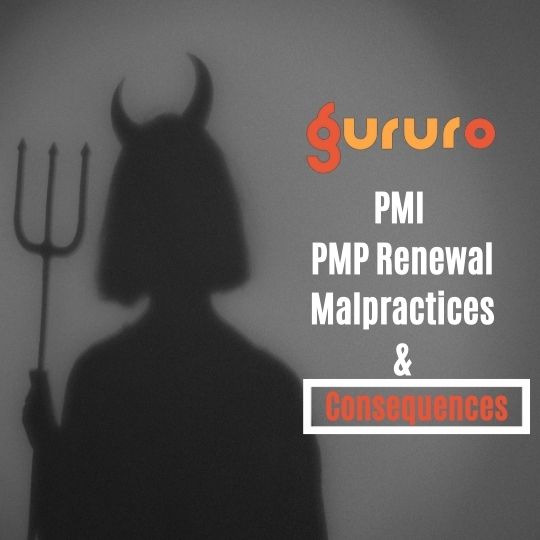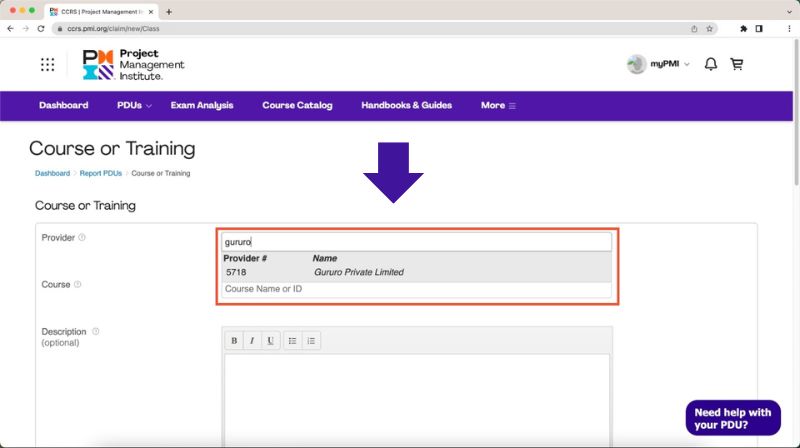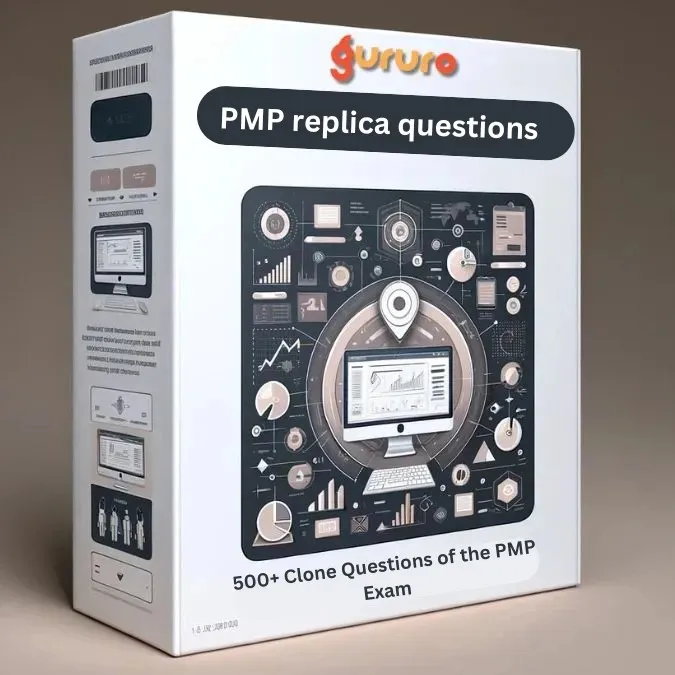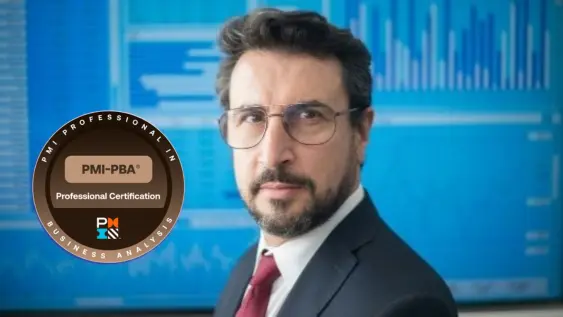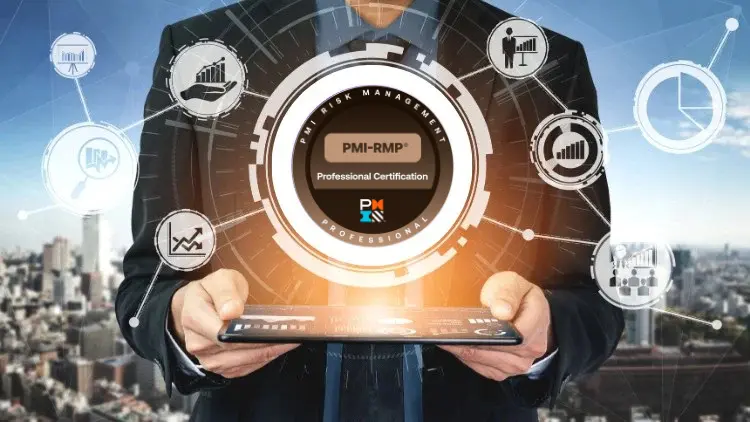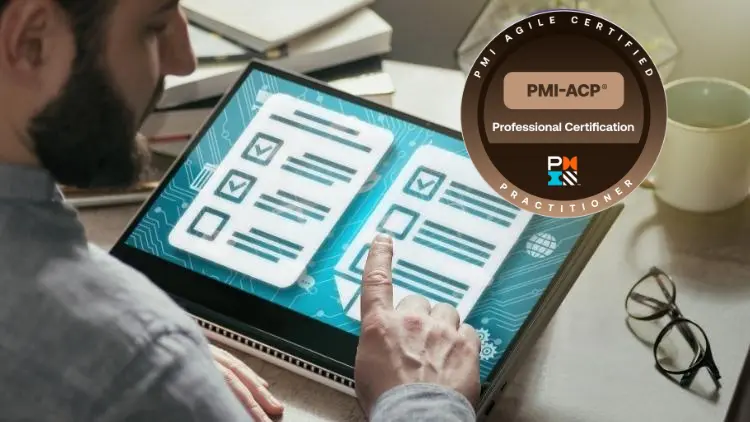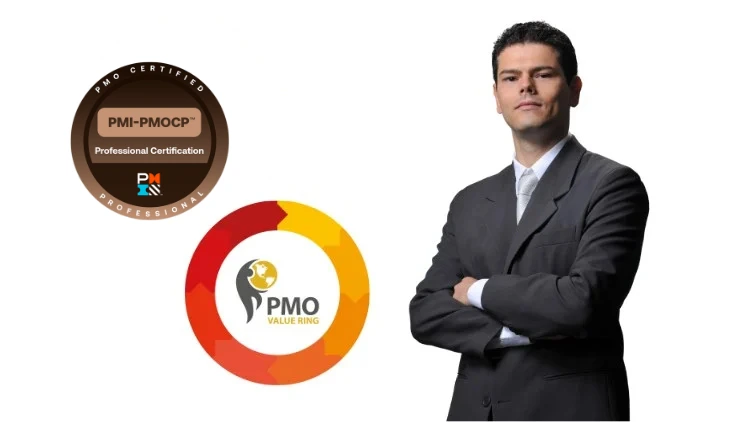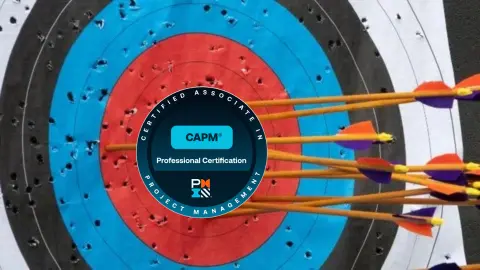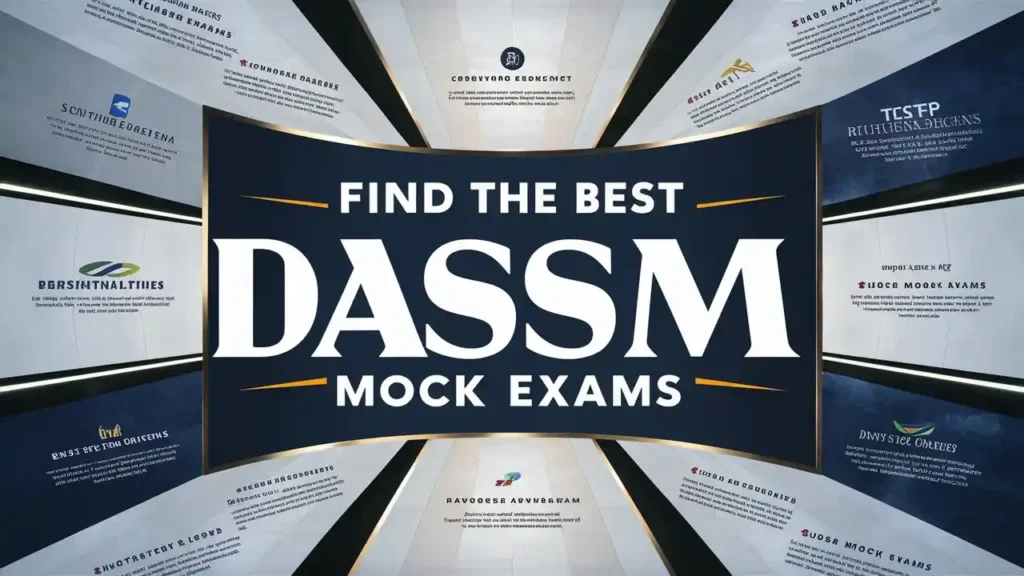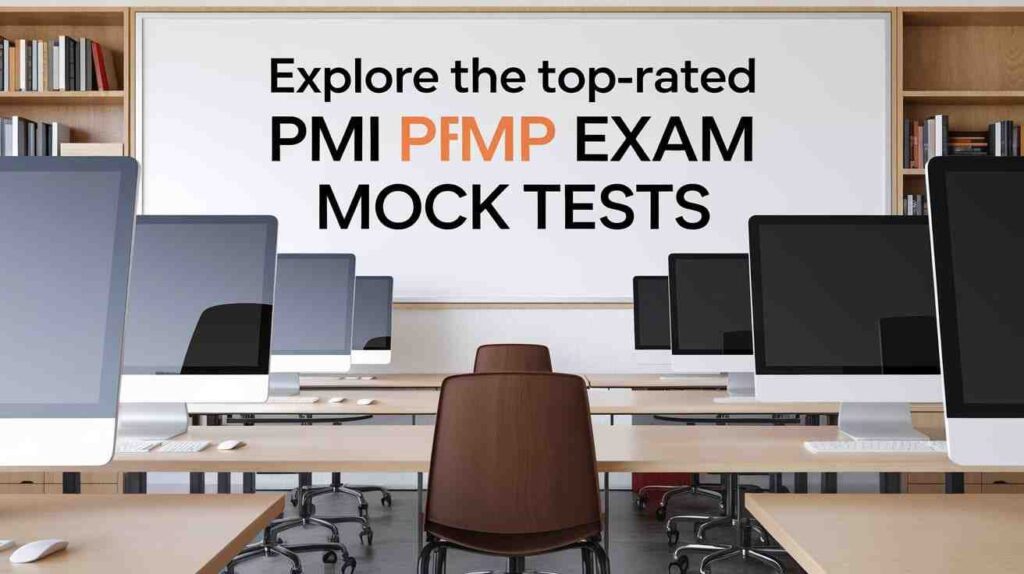As a project manager, obtaining and maintaining a Project Management Professional (PMP) certification can be a valuable asset to your career. Not only does it demonstrate your knowledge and skills in the field, but it also helps to increase your credibility and competitiveness in the job market. However, it’s important to remember that the PMP renewal process ensures that certified individuals uphold the highest ethical standards in their work. Unfortunately, some individuals may attempt to use malpractices to renew their certification. In this blog post, we’ll look at PMP renewal Malpractices and It’s Consequences and tips for avoiding them.
Importance of PMP certification for project managers
Overview of the PMP renewal process
The Project Management Professional (PMP) certification is valid for three years and must be renewed to maintain it. The PMP renewal process is designed to ensure that certified individuals uphold the highest ethical standards in their work and stay up-to-date with the latest developments in the field.
Here is an overview of the PMP renewal process:
- Earn Professional Development Units (PDUs): PMP-certified individuals must earn 60 PDUs over the three-year certification period to renew their certification. PDUs can be earned through various activities, including participating in professional development courses, attending conferences, writing articles, and volunteering in the project management community. You can gain genuine PDUs quickly from Gururo at a very nominal cost. Link here
- Complete the renewal application: To renew your PMP certification, you must complete the renewal application on the Project Management Institute (PMI) website. The application will ask for information on your professional development activities, including the number of PDUs earned and the categories they fall under.
- Pay the renewal fee: The renewal fee for PMP certification is $60 for PMI members and $150 for non-members.
- Submit the renewal application: Once you have completed the renewal application and paid the renewal fee, you can submit your application online through the PMI website.
- Wait for approval: Once you have submitted your renewal application, it will be reviewed by PMI. If your application is approved, your PMP certification will be renewed for another three years. If it is not approved, you may be required to provide additional information or complete additional requirements before it can be approved.
Overall, the PMP renewal process involves earning PDUs, completing and submitting a renewal application, paying a renewal fee, and waiting for approval. By following these steps and maintaining ethical standards, you can successfully renew your PMP certification and continue to grow and develop as a project manager.
The Project Management Professional (PMP) certification is widely recognized as the gold standard in project management. It is a globally recognized certification that demonstrates a project manager’s knowledge and skills in the field. Obtaining a PMP certification can provide numerous benefits for project managers, including:
- Increased credibility and professionalism: Holding a PMP certification shows that you thoroughly understand project management principles and practices and have demonstrated your competence through a rigorous certification process. This can help to increase your credibility and professionalism in the eyes of clients, employers, and colleagues.
- Improved job prospects: Many employers view the PMP certification as valuable and may be more likely to hire or promote individuals with this credential. Additionally, the PMP certification may qualify you for higher-level positions or open up new opportunities within your organization.
- Enhanced skills and knowledge: The PMP certification process requires you to demonstrate your knowledge and skills in project management through an extensive exam and real-world experience. By going through this process, you can deepen your understanding of project management principles and practices and stay up-to-date on the latest developments in the field.
- Greater earning potential: Studies have shown that PMP-certified project managers tend to earn higher salaries than those without the certification. According to the Project Management Institute’s (PMI) 2021 Project Management Salary Survey, the median salary for PMP-certified project managers is $111,000 per year, compared to $96,000 for non-PMP-certified project managers.
Overall, the PMP certification can provide numerous benefits for project managers, including increased credibility and professionalism, improved job prospects, enhanced skills and knowledge, and more significant earning potential.
Common malpractices during PMP renewal
There are several common malpractices that individuals may attempt to engage in during the PMP renewal process to meet the requirements for renewal without actually meeting the necessary standards. These practices can be unethical and result in disciplinary action by the Project Management Institute (PMI). Here are some common malpractices during PMP renewal:
- Claiming false PDUs: Some individuals may attempt to claim PDUs for activities they have yet to complete to meet the requirement for renewal. This can include claiming PDUs for attending conferences they did not attend, participating in professional development courses they did not complete, or writing articles they did not write.
- Falsifying experience and education requirements: Individuals must meet specific experience and education requirements to qualify for the PMP certification. Some individuals may attempt to falsify their experience and education to meet these requirements by claiming experience or education they do not have or by altering documentation to make it appear that they have met the requirements.
- Submitting someone else’s work as your own: Some individuals may attempt to pass off someone else’s work to meet the PMP renewal requirements. This can include submitting articles or other professional development materials written by someone else or claiming PDUs for activities that still need to be completed by the individual.
- Paying for fake PDUs or using unapproved providers: Some individuals may attempt to purchase fake PDUs or use unapproved providers to meet the renewal requirements. This is not only unethical, but it is also a violation of PMI’s policies and can result in disciplinary action. It’s a big NO if you see any person or company claiming to get everything done on your behalf at cheap costs; while it may sound convenient but may lead you to trouble.
Overall, engaging in these types of malpractices during the PMP renewal process is unethical and can have serious consequences, including disciplinary action by PMI and revocation of your certification. Maintaining the highest ethical standards and following the proper procedures for renewing your PMP certification is essential.
Consequences of engaging in malpractices during PMP renewal
Engaging in malpractices during the PMP renewal process can have severe consequences for individuals seeking to maintain their certification. The Project Management Institute (PMI), which administers the PMP certification, takes a strict stance against any unethical behavior during the renewal process and has several disciplinary actions in place for individuals who engage in such practices.
Here are some potential consequences of engaging in malpractices during PMP renewal:
- Disciplinary action by PMI: PMI has several disciplinary actions that it can take against individuals who engage in unethical behavior during the renewal process. These actions include issuing a warning, revoking the individual’s certification, or imposing a fine.
- Revocation of PMP certification: If PMI determines that an individual has engaged in serious misconduct during the renewal process, it may revoke their PMP certification. This means that the individual will no longer be able to use the PMP credential and will have to undergo the entire certification process again to regain it.
- Damage to reputation and career prospects: Engaging in unethical behavior during the PMP renewal process can damage an individual’s reputation and career prospects. Employers and clients may be less likely to trust or work with someone who has been found to have engaged in such practices, and the individual may face difficulties finding employment or advancing their career.
Overall, it’s essential to maintain the highest ethical standards during the PMP renewal process to avoid potential consequences. By following the proper procedures and earning PDUs and experience honestly and transparently, you can maintain your PMP certification and prevent any negative impacts on your career.
Tips for avoiding malpractices during PMP renewal
Here are some tips for avoiding malpractices during the PMP renewal process:
- Ensure that all PDUs and experience are earned and documented correctly: It’s essential to ensure that all PDUs and experience are earned and appropriately documented to avoid any potential problems during the renewal process. This means participating in approved professional development activities, keeping accurate records of your participation, and submitting accurate and honest information on your renewal application.
- Use only approved providers for PDU activities: PMI maintains a list of approved providers for PDU activities. It’s essential to ensure that an approved provider provides any PDU activities you participate in to avoid any potential issues during the renewal process. You can see Gururo on the PMI website below –
- Keep accurate records of your professional development activities: It’s essential to keep correct records, including the number of PDUs earned and the categories they fall under. This will help ensure that you can accurately complete your renewal application and provide the necessary documentation if requested.
- Follow PMI’s Code of Ethics and Professional Conduct: PMI has a Code of Ethics and Professional Conduct that sets out the ethical standards that PMP-certified individuals are expected to follow. By following this code, you can ensure that you are maintaining the highest ethical standards during the renewal process.
By following these tips, you can avoid any malpractices during the PMP renewal process and maintain your certification with integrity.
Conclusion : Malpractices and It’s Consequences during PMI PMP Renewal
In conclusion, project managers with a PMP certification must maintain the highest ethical standards during renewal. Engaging in malpractices such as claiming false PDUs, falsifying experience and education requirements, or submitting someone else’s work as your own can have serious consequences, including disciplinary action by the Project Management Institute (PMI) and revocation of your certification. To avoid these problems, it’s crucial to ensure that all PDUs and experience are earned and appropriately documented, use only approved providers for PDU activities, and keep accurate records of your professional development activities. By following these best practices, you can maintain your PMP certification with integrity and continue to grow and develop as a professional in the field.

